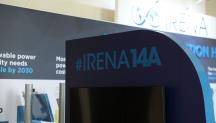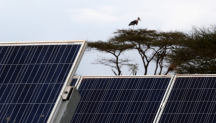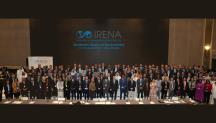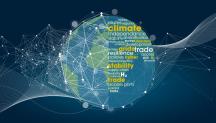
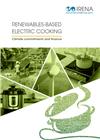
-
-
IRENA (2023), Renewables-based electric cooking: Climate commitments and finance, International Renewable Energy Agency, Abu Dhabi.
Copied
https://mc-cd8320d4-36a1-40ac-83cc-3389-cdn-endpoint.azureedge.net/-/media/Files/IRENA/Agency/Publication/2023/Dec/IRENA_Renewables-based_electric_cooking_2023.pdf?rev=f8079e1bad2846fd8fccd2b482f87492
Copied
Renewables-based electric cooking: Climate commitments and finance
Newsletter
Globally, around 2.3 billion people lacked access to clean cooking technologies and fuels in 2023. Despite substantial gains over the last decade, universal access to clean cooking may not be achieved by 2030 at the current rate of progress. The continued use of polluting fuels and inefficient cookstoves results in negative environmental, health and human livelihood externalities.
Over the coming decades, as outlined in IRENA’s World Energy Transitions Outlook, the world will need to accelerate its shift to renewable cooking solutions. This will involve both cleaner bioenergy solutions (including biogas and bioethanol) and renewables-based electric cooking.
Renewables-based electric cooking is essential to achieving the transition to a low-carbon economy, given that greenhouse gas emissions from cooking account for an estimated 2% of global emissions. This report assesses countries’ current access to renewables-based electric cooking in the context of their climate commitments. Only a handful countries assessed have already incorporated electric cooking into their climate commitments, with 22 countries including electric cooking in their Nationally Determined Contributions (NDCs) or Long-term low emission development strategies (LT-LEDS). Commitments toward increasing electric cooking adoption take many forms, with most countries setting qualitative targets towards promoting electric cooking.
The report also highlights the importance of finance in supporting the adoption of electric cooking, and provides action plans to scale up electric cooking solutions for different country groups based on their current status.
